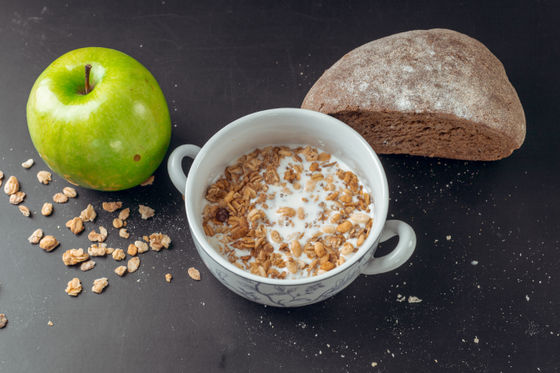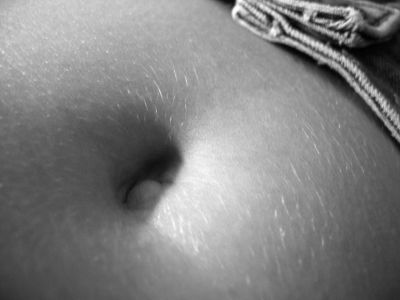Experts say that carbohydrate intake is just as important as protein for muscle training

Want to build muscle? Why carbs could be just as important as protein
https://theconversation.com/want-to-build-muscle-why-carbs-could-be-just-as-important-as-protein-224305
Mark Taylor, a 52-year-old bodybuilder who won the title of 'Mr. Universe Masters Over 45' at the 2023 competition, a title that any experienced bodybuilder would aspire to, said in an interview that 'the key to success is actually carbohydrates.'
Taylor himself had spent most of his career strictly following a traditional high-protein, low-carb diet, but after suffering from constant fatigue, he abandoned his low-carb mindset and strict diet for a high-carb, high-calorie diet, which helped him achieve a lifelong dream.
Mark Taylor explains how diet change helped him take the coveted Mr Universe Masters Over 45 crown ???? #bodybuilding https://t.co/Gs2thSH0Mx
— My Strength Training (@MyStrengthT) February 22, 2024
According to Henry Chang, a lecturer in sports and exercise science at the University of Essex in the UK, muscle growth through training consists of two processes: 'muscle protein synthesis,' in which new muscles are created and muscle tissue is repaired, and 'muscle protein breakdown,' in which muscle tissue is broken down. Since muscle synthesis and breakdown occur simultaneously in the body, the speed and balance of the two processes determine muscle growth.
Protein is of course important for muscle synthesis, and research has shown that ingesting 20-40g of 'fast-release protein' such as whey protein after training, that is, protein that is quickly absorbed by the body, promotes short-term muscle protein synthesis. There is also data showing that ingesting 'slow-release protein' such as casein protein before going to bed improves muscle recovery at night.
Carbohydrates also affect the rate at which muscle protein is broken down, because carbohydrate intake triggers the body to secrete a hormone called insulin , which is known to have the effect of suppressing protein breakdown.

A typical bodybuilder will go through a 'bulking phase' in which they increase their daily calorie intake by 15% or more to build muscle, and then go into a 'cutting phase' in which they reduce body fat to make their muscles more visible.
At this time, a low-carb approach may be taken to get a toned body, but a lack of carbohydrates can lead to a decrease in physical strength and immunity, increased fatigue, and reduced performance. Low-carb diets can also disrupt menstrual function in women and reduce testosterone, a hormone necessary for muscle development in men.

Carbohydrates are stored in the muscles as glycogen, which indirectly contributes to muscle protein synthesis by making intense training possible. Conversely, if you limit carbohydrate intake and continue training while maintaining
Just as there are different types of protein, the choice of carbohydrates is also important. In the case of Taylor, his coach suggested that he add sweet potato and porridge to his usual chicken and broccoli menu, which allowed him to consume carbohydrates without causing a sudden rise in blood sugar levels.
Your carbohydrate choices depend on the glycemic index (GI) , which measures how quickly the carbohydrates in a particular food raise your blood sugar levels - foods with a low GI will raise your blood sugar more slowly, giving you sustained energy throughout the day.

Additionally, research has shown that consuming high glycemic index foods such as bagels or granola after hard or long training sessions can help muscles replenish glycogen more quickly.
Based on this, Chan et al. said, 'A combination of low and high GI foods throughout the day can be an effective training and recovery strategy. This means that fueling your training with carbohydrates and replenishing your muscles with protein can be effective in achieving your goals. If you're not seeing the results you want, like Taylor did, carbohydrates may be the missing piece of the puzzle.'
Related Posts:







